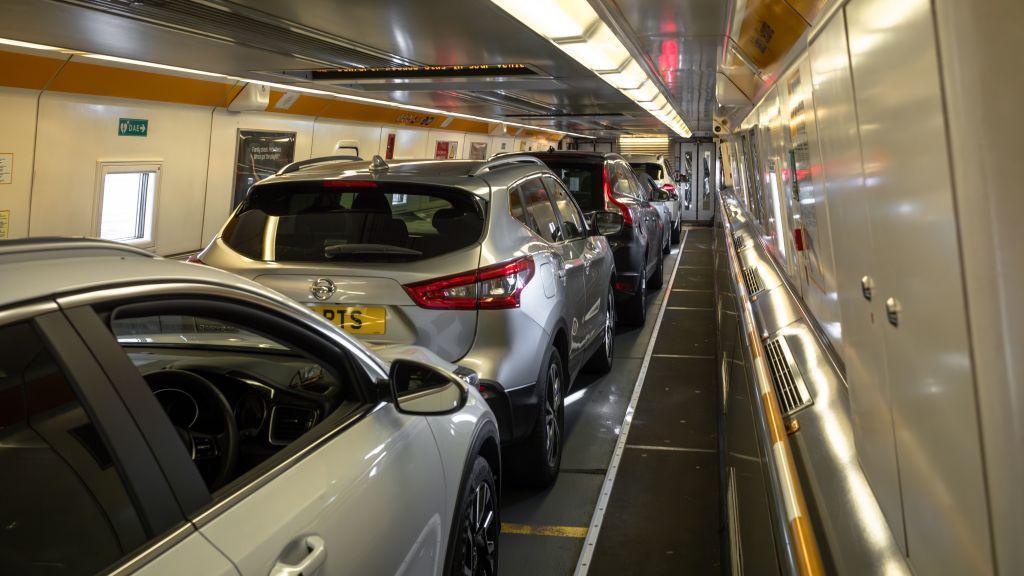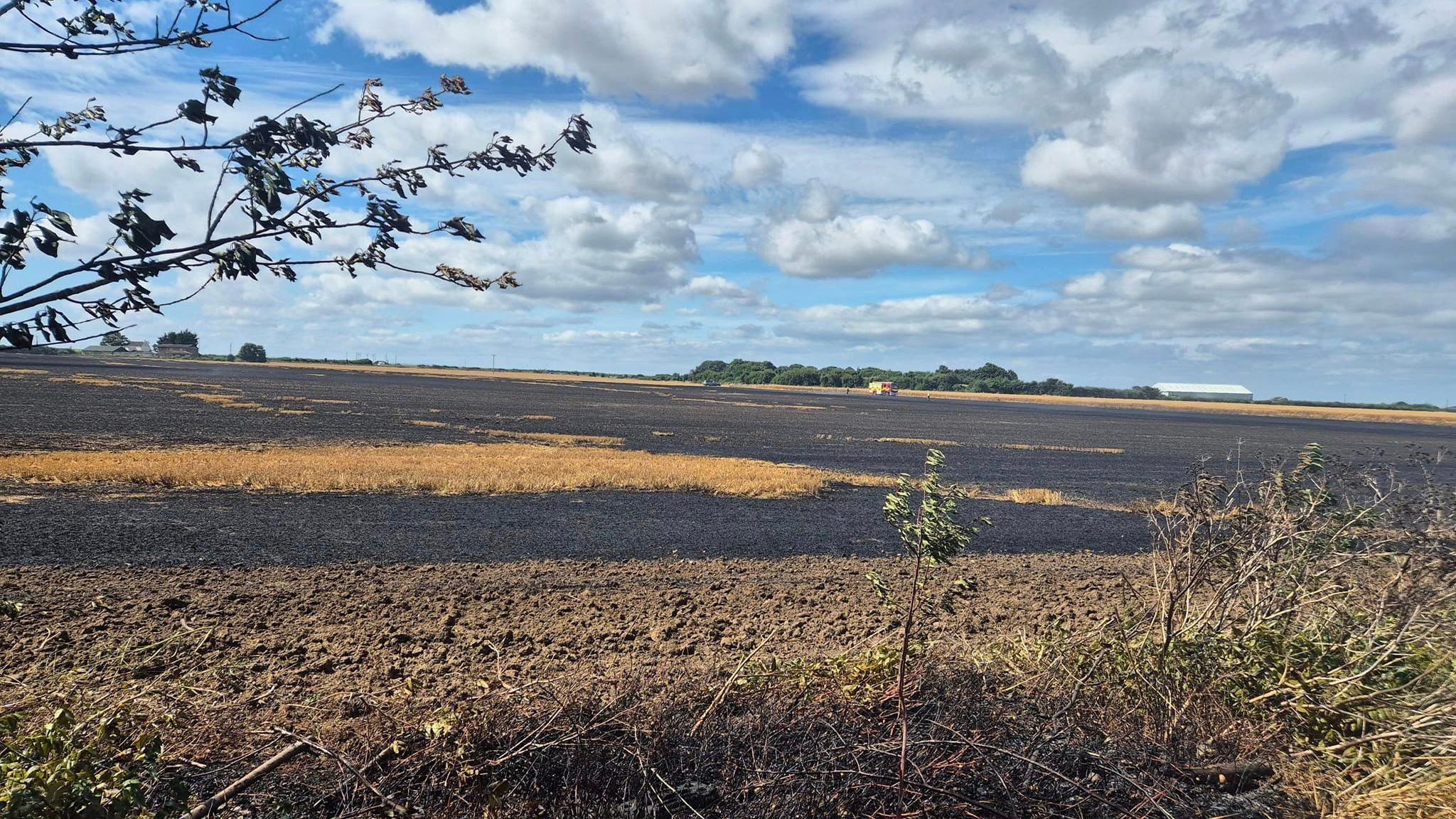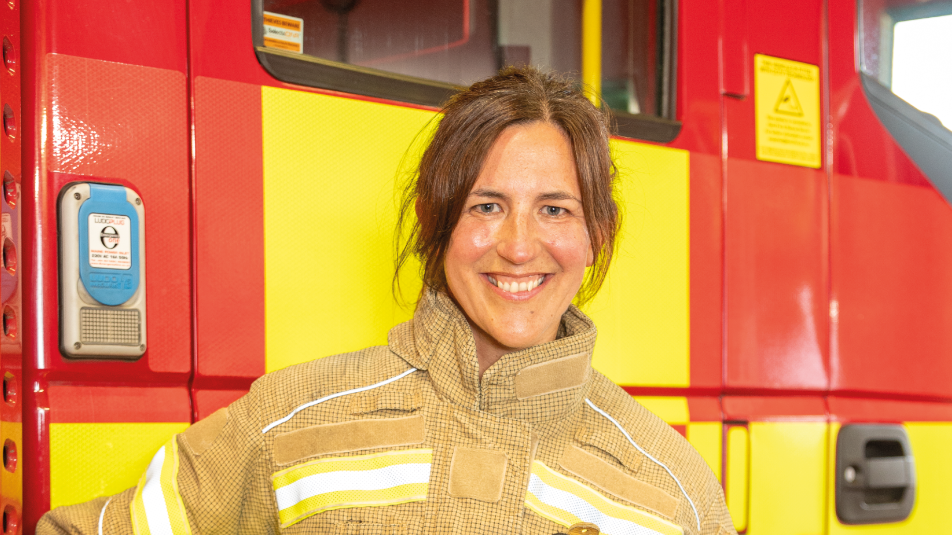Kent Fire and Rescue boss on issues facing county

Ann Millington is the chief executive of Kent Fire and Rescue Service
- Published
There will be no loss of jobs when Kent Fire and Rescue Service's cover of the Channel Tunnel ends, according to its chief executive.
Ann Millington addressed the issue in a conversation with Dominic King on BBC Radio Kent on Wednesday, adding that it was a "sensitive debate".
Ms Millington also spoke about the emerging risks posed by e-bike batteries and how changing family dynamics had been affecting the recruitment of on-call firefighters.
However, she said she could not answer a question on possible fire station closures in Kent, with a review planned in 2025.
Here are four key things we learned when the chief executive took the hot seat:
1. Channel Tunnel contract ending
The service has been providing fire cover at the crossing for 30 years, under a separate arm to its day-to-day public services but in February announced the contract would end.
Ms Millington said at the time that providing fire cover at the crossing was "no longer viable" and told BBC Radio Kent on Wednesday it was a "sensitive debate".
She confirmed there would be no job losses, and that the service would still provide second line of response from a fire station there, should there be a fire.
"There will be no loss of jobs. In reality, they would either go and work for the new employer or they would be staying in service with us," she said.
Ms Millington said Eurotunnel was currently negotiating with those who had won the contract.
2. Fire station closures
Ms Millington said she could not answer a question on whether fire stations would close in Kent, because all resources would be looked at over the coming year.
She said if stations were in the wrong place and not meeting the needs of the community, they had in the past been closed, while new ones had been built.
She said it would always be "a live question" with the key consideration being whether they were still "working for the community that they serve".
3. More on-call firefighters needed
On the need for more on-call firefighters, Ms Millington said a shift to working from home, among other factors, had changed the way people could offer their time.
She said: "We are seeing a vast difference... fathers spend far more time with children."
Caring for parents and other "work/life balance issues" also made it "much more pressured" for people to sign up, she explained.
She said the service was asking how it could make it "easier and more flexible" for potential new recruits.
4. Changing rescues
Though there have been fewer fires over recent years, Ms Millington said new risks were posed by items such as e-bike batteries.
She said: "We thought the death of the chip pan would help, but obviously new things are coming in."
She also said more complex rescues, such as people who had chosen to die at home and needed to be transferred to hospital, were "vastly different" and needed much more complex training.
"We want to be really good at what we do," Ms Millington said.
Follow BBC Kent on Facebook, external, on X, external, and on Instagram, external. Send your story ideas to southeasttoday@bbc.co.uk, external or WhatsApp us on 08081 002250.
Related topics
- Published21 February 2024

- Published7 August 2024

- Published9 August 2024
